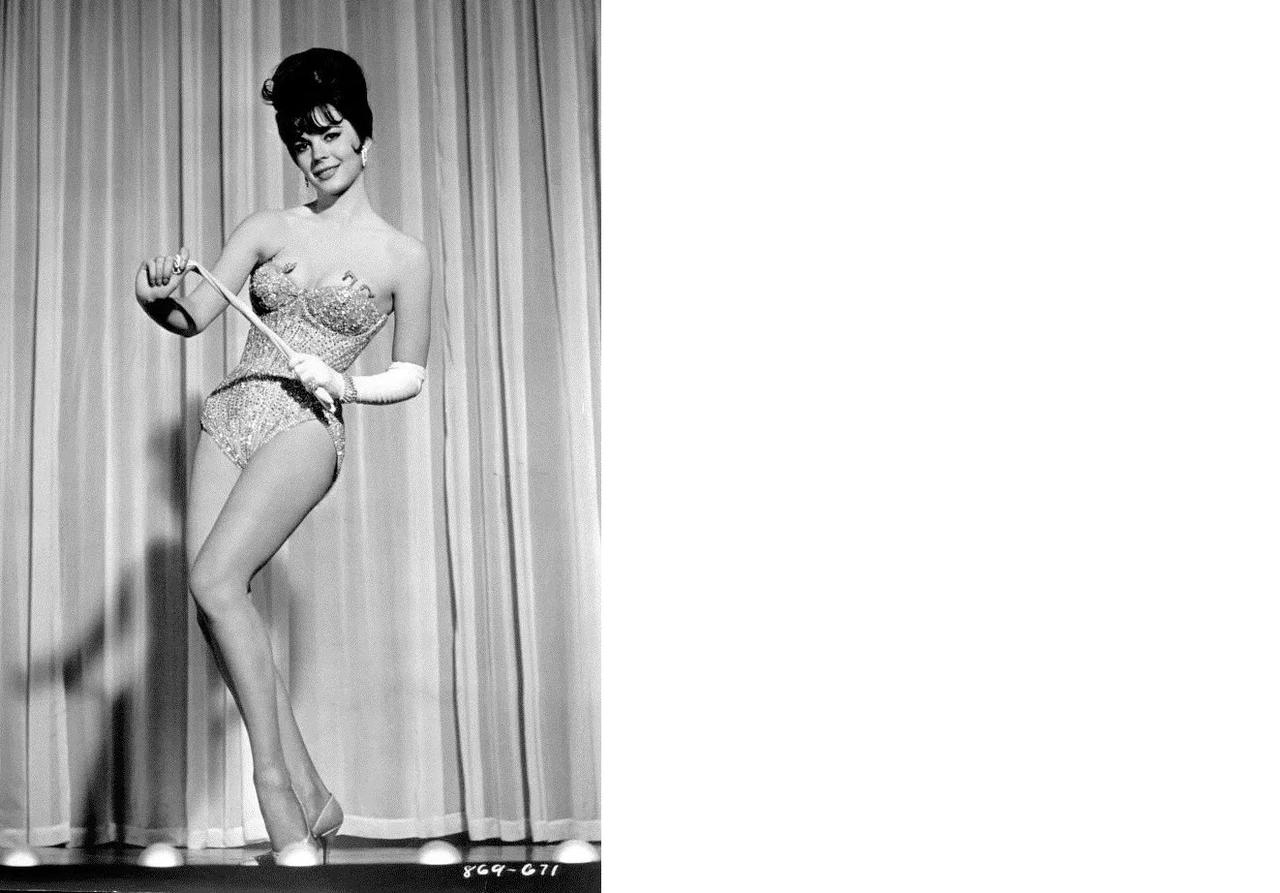We recently discussed the controversy when a Nevada brothel filed for pandemic stimulus money as a small business forced to suspend operation. Now, U.S. District Judge Lynn Adelman has ruled (correctly) that the owners of four Silk Exotic Gentleman’s Clubs in Milwaukee and Middleton are entitled to emergency loans. During this litigation however there was a surprising twist in arguments over whether strip joints appeal to prurient interests.
The case is based on the enactment in the United States of the Coronavirus Aid, Relief, and Economic Security Act (“CARES Act”), Pub. L. No. 116-136, 134 Stat. 281 (2020). The Act includes the Paycheck Protection Program authorizing the U.S. Small Business Administration to guarantee loans to small businesses to help them pay employees. However, banks turned down each strip club on the basis of a regulation enacted by the SBA in 1996, under which small businesses that “[p]resent live performances of a prurient sexual nature” are not eligible to participate in any SBA business loan program. See 13 C.F.R. § 120.110(p).
Notably, the application of the regulation turns on whether the strip clubs appeal to the “prurient” interests of customers. The Plaintiffs denied that erotic dance is prurient. That is predictable but the response of the government was not. The court notes
“[o]ddly . . . the government states in its brief that it “takes no position at this time regarding whether the performances offered by Plaintiffs is [sic] obscene, prurient—or, as Plaintiffs put it, ‘erotic but not obscene[.]’” Br. in Opp. at 14. But if the government takes no position on whether the plaintiffs’ entertainment is “prurient,” then it cannot take the position that the regulation disqualifies them from participation in the PPP. Unless their entertainment is prurient, the regulation does not apply . . .
Because the government has not developed an argument showing that the plaintiffs present live performances of a prurient sexual nature (or otherwise fit within the language of 15 C.F.R. § 120.110(p)), I conclude that, for this reason alone, the plaintiffs are likely to succeed on the merits of their claims.”
Prurient is defined as “marked by or arousing an immoderate or unwholesome interest or desire.”
Adelman wrote a careful and compelling analysis of the constitutionality of the discrimination against the strip clubs. In turning to the constitutional analysis, the court began with the threshold position that “nude dancing is a form of expression protected by the First Amendment.” The court then concluded:
“By using the plaintiffs’ expression as a reason to exclude them from the program, the SBA has introduced content discrimination into programs that were designed to be indifferent to speech. If the SBA could identify some legitimate governmental purpose for doing this, then perhaps the regulation could withstand an equal-protection challenge. But the only apparent purpose for this regulation is to exclude small businesses that express a disfavored message from programs that were created to assist all small businesses. Because that is not a legitimate governmental purpose, the SBA’s distinction violates equal-protection principles.”
It was the correct result, though the effective waiver of the government on nude dancing not being a prurient attraction is fascinating. It is not clear if the lawyers did not have a sign off for the argument or simply did not want an opinion to turn on that ill-defined standard. Notably, this was a victory on a preliminary injunction where the plaintiffs had to shoulder the generally difficult burden of showing a high likelihood of prevailing in the merits.
Most would say that erotic dancing does, at a minimum, arouse some immoderate interests, but this has been a long controversy over the use of such ill-defined terms.
Here is the opinion: Camelot Banquet decision
